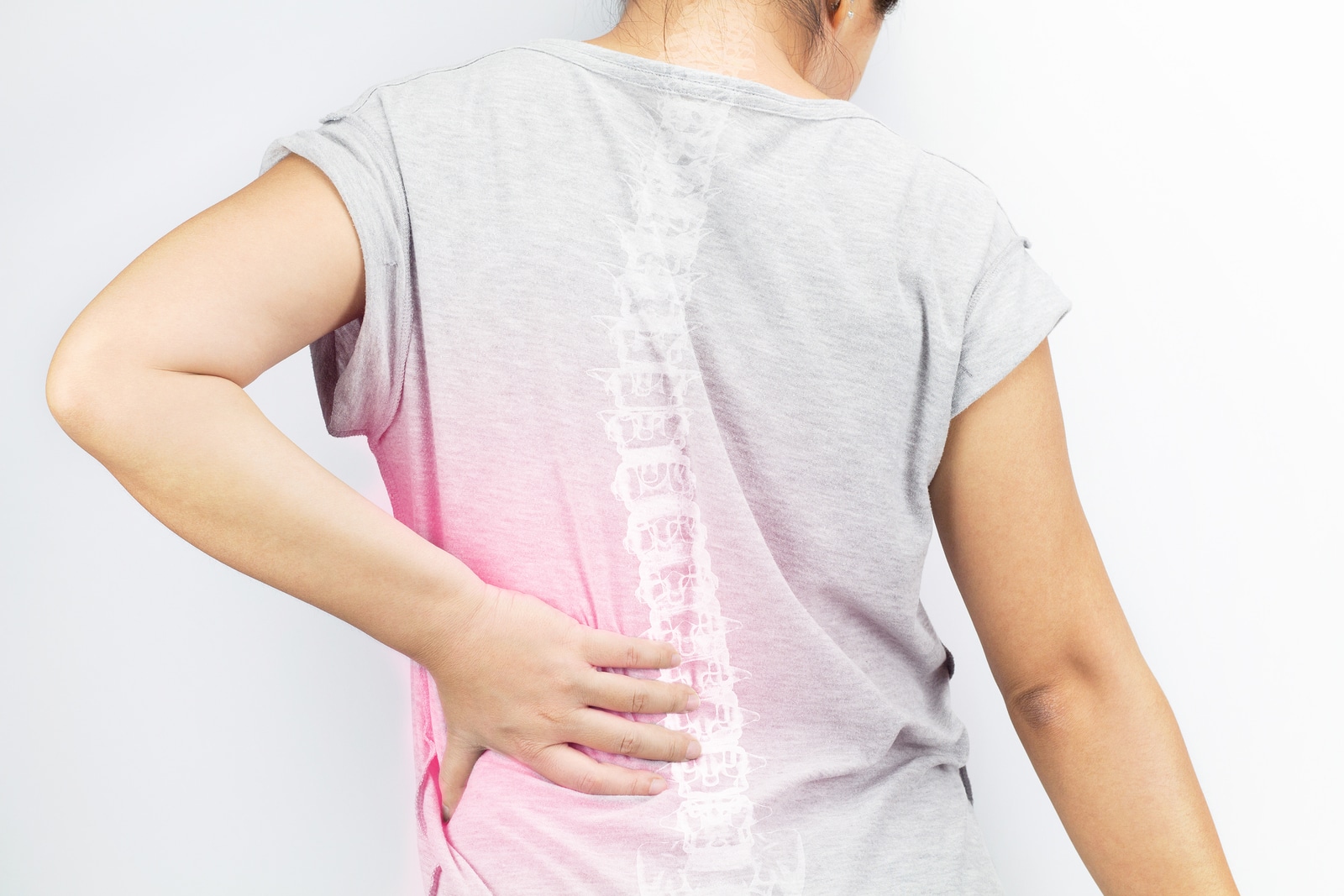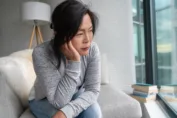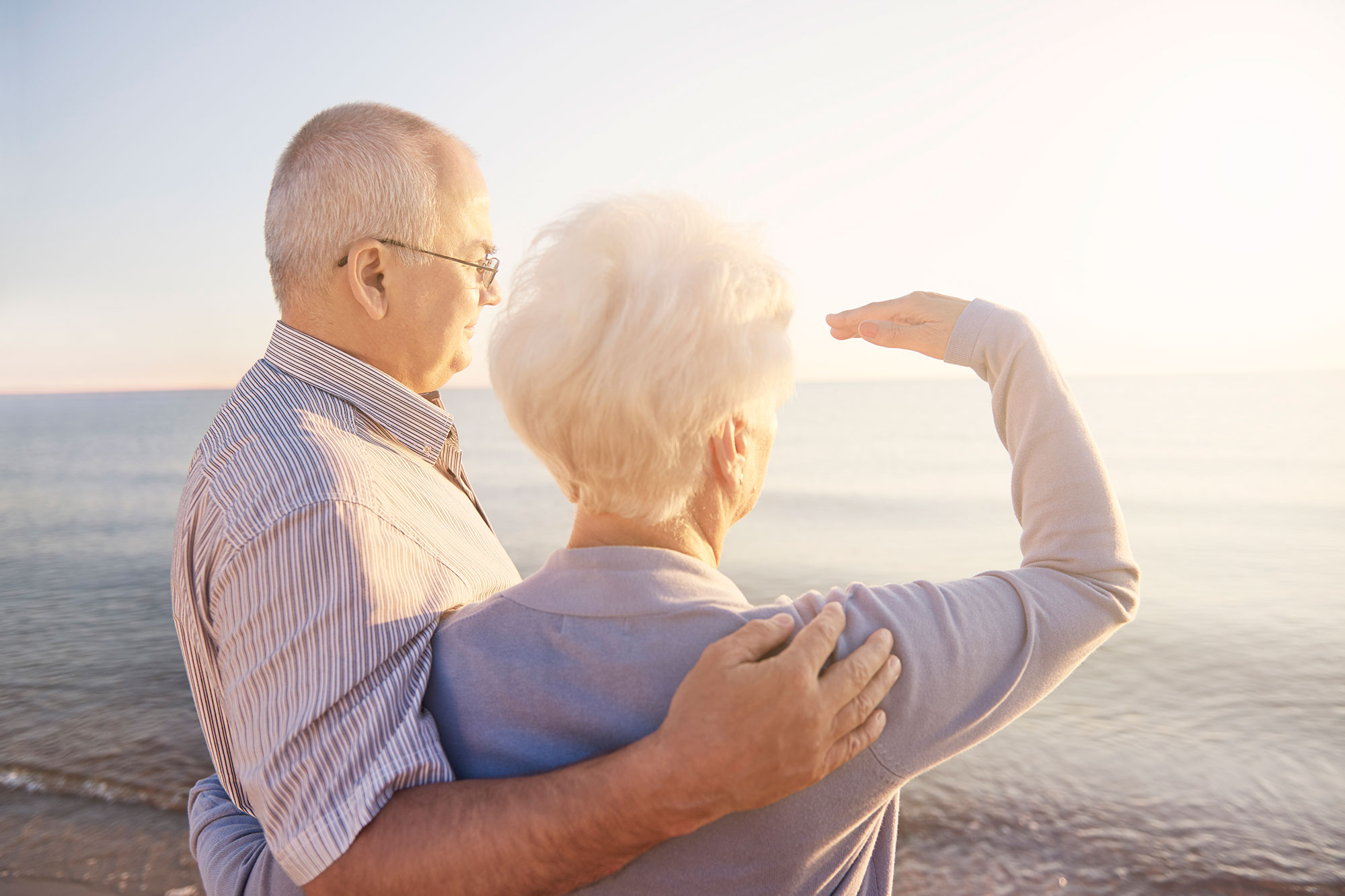How to Rejuvenate with Deep Sleep. The importance of sleep cannot be overemphasized. Lack of sleep can increase weight, the incidence of obesity, diabetes, depression, anxiety, dementia, high blood pressure, heart attacks, and infections as well as a decrease in memory and performance, and an increase in accidents and poor decision making.
It’s not just the quantity of sleep that matter, it’s also the quality. Different stages of sleep have different purposes. There are 2 main stages REM also known as Rapid Eye Movement Sleep and non-REM also known as quiet sleep. The stages of sleep are distinguished by certain wave patterns and have different purposes.
Non REM Sleep
- Stage N1 – Transition stage – theta waves
This is the transition from wakefulness into light sleep and usually lasts for about 5 minutes. Your body relaxes, body temperature drops, and eyes move slowly from side to side. In this stage you are easily awakened.
- N2 – Light Sleep – spindles and K waves
This is the first stage of true sleep and lasts 10 to 25 minutes and has 2 kinds of brain waves spindles and K complexes.
- Spindles are brief bursts of fast brain waves that last a half a second or longer between larger, slower waves. During spindle activity, the brain disconnects from outside sensory input and organizes memories for long-term storage.
- K-complexes are some of the largest waves thought to be a vigilance system that keeps you poised to awaken if necessary. K-complexes can be provoked by external or internal stimuli. If you whisper someone’s name during stage N2 sleep, a K-complex may appear on the EEG. Half the night is spent in stage N2 sleep.
- This stage is important for memory and learning.
- Stage N3 -deep sleep, or slow-wave sleep- – Delta waves
- During this stage of sleep, breathing becomes more regular, blood pressure falls, and the pulse slows, and slow delta waves appear. The brain is less responsive to external stimuli, making it difficult to wake the sleeper.
- Growth hormone is released, and the body can renew and repair itself. Substances that activate the immune system are released which may help to defend against infection.
- Fluid pulses after slow brain waves and cleanses the brain of toxins that are associated with Alzheimer’s. This fluid pulse occurs during deep sleep.
- This stage is important for repair, rejuvenation, release of toxins and enhancement of memory and immune function.
REM Sleep- Dreaming- Rapid Eye Movements- erratic wave patterns
- Dreams occur during REM sleep which generally occurs 3-4 times a night every 90 minutes Your brain races, your eyes dart back and forth rapidly behind closed lids; body temperature rises; blood pressure increases, and heart rate and breathing speed up. The sympathetic nervous system, which creates the fight-or-flight response, is twice as active as when you’re awake, however the body hardly moves, except for intermittent twitches
- Non-REM sleeps restores the body and REM sleep restores the mind and is also important for memory.
Sleep Patterns Change
Sleep patterns can change with stress, jet lag, changes in light and darkness, disruptions of circadian rhythms, sleep deprivation, hormonal changes and with age.
- Age– Age strongly influences sleep rhythms. Young people spend about 20% of their sleep time in stretches of deep sleep lasting up to half an hour. After age 20, it takes progressively longer to fall asleep, sleep time decreases, stages N1 and N2 sleep increase, deep sleep and REM decrease, and people awaken more often during the night. Over 65 years of age, deep sleep is vastly reduced. In older adults, REM sleep decreases a small amount, and deep reparative sleep is less than 10% of sleep time, and in some people, it is completely absent!
- Sleep Deprivation – After a period of sleep deprivation, you pass quickly through the lighter sleep stages into the deeper stages and spend a greater proportion of sleep time there. This suggests that deep sleep plays a large part in restoring alertness and fills an essential role in a person’s optimal functioning.
- Hormone cycles – Women during the first trimester of pregnancy sleep a lot more. Near and after birth, a woman’s sleep is much less, and this can lead to exhaustion. Sleep habits shift during the menstrual cycle. When progesterone levels are high in the second half of the cycle, women are more tired. Progesterone breakdown products act on the GABA receptors in the brain that promote relaxation, decreased anxiety and sleep. Menopausal hot flashes and night sweats often disrupts sleep in the later stages of life.
While all of the stages of sleep are important, how do we increase the deep, slow wave sleep stage that enables us to repair, remove toxins, enhance memory and learning and enable hormone production?
Medications are NOT the answer!
- Non-benzodiazepine medications—which include eszopiclone (Lunesta), zaleplon (Sonata), and zolpidem (Ambien, Edluar, Intermezzo, Zolpimist) appear to have little or no effect on deep sleep.
- Antidepressants reduce REM sleep but have little impact on deep sleep.
- Antihistamines have a sedating effect and are generally safe however can cause nausea and, more rarely, fast, or irregular heartbeat, blurred vision, or heightened sensitivity to sunlight.
Hormones
- Growth Hormone increases non-REM sleep and is the hormone that rejuvenates and repairs. The natural ways to increase Growth Hormone are to lose weight, fast intermittently, reduce sugar intake, abstain from eating before bedtime, taking a GABA supplement, and exercising at high intensity.
- Arginine Vasopressin (AVP) is a peptide hormone that has been shown to promote slow wave sleep. It is available by prescription in a nasal spray.
- Progesterone acts on the GABA receptor and GABA is a calming neurotransmitter. A study showed that slow-wave sleep was about 50% higher and intensity of deep sleep was almost 45% higher under progesterone than under placebo. Growth Hormone secretion was also increased.
Supplements
- GABA – Slow Wave Sleep duration of an experimental group given GABA was longer than that of the control group. Other studies support the hypothesis that deep, slow wave sleep results from the activation of GABA receptors.
- GABA/l-theanine mixture (100/20 mg/kg) showed falling asleep was faster and sleep duration was longer than taking GABA or theanine alone. GABA/l-theanine mixture led to a significant increase in rapid eye movement (REM) (99.6%) and non-REM (NREM) (20.6%) compared to controls.
- Valerian – A study showed that valerian, an herbal extract, increased slow wave sleep when taken for at least 14 days. Another study of people who were withdrawing from benzodiazepines, the patients treated with valerian had more slow wave sleep.
Binaural Beats
- 3-Hz Binaural Beat – If you use headphones and listen to two tones, each at a different frequency and each in a different ear, your brain creates an additional tone you can hear. This third tone is called a binaural beat that can induce changes in your neurologic state. You hear it at the frequency difference between the two tones. A study showed that a binaural beat of 3-Hz had a faster onset and longer duration of deep, slow wave sleep.
Sleep is complex and there are many other ways to attain a good night’s sleep. There are also conditions that can interfere with sleep and may need special attention. For more strategies, evaluations, and resources, take the 6 Strategies for a Sound Sleep course so you experience all of the benefits of a good night’s sleep at Care4UCourses.com. Get some great ZZZ’s!






She is a recognized and award-winning holistic, functional, integrative and anti-aging healthcare practitioner, speaker and author, and has been featured in ABC News, Forbes, WOR Radio and many media outlets to spread the word that you can live younger and healthier at any age.